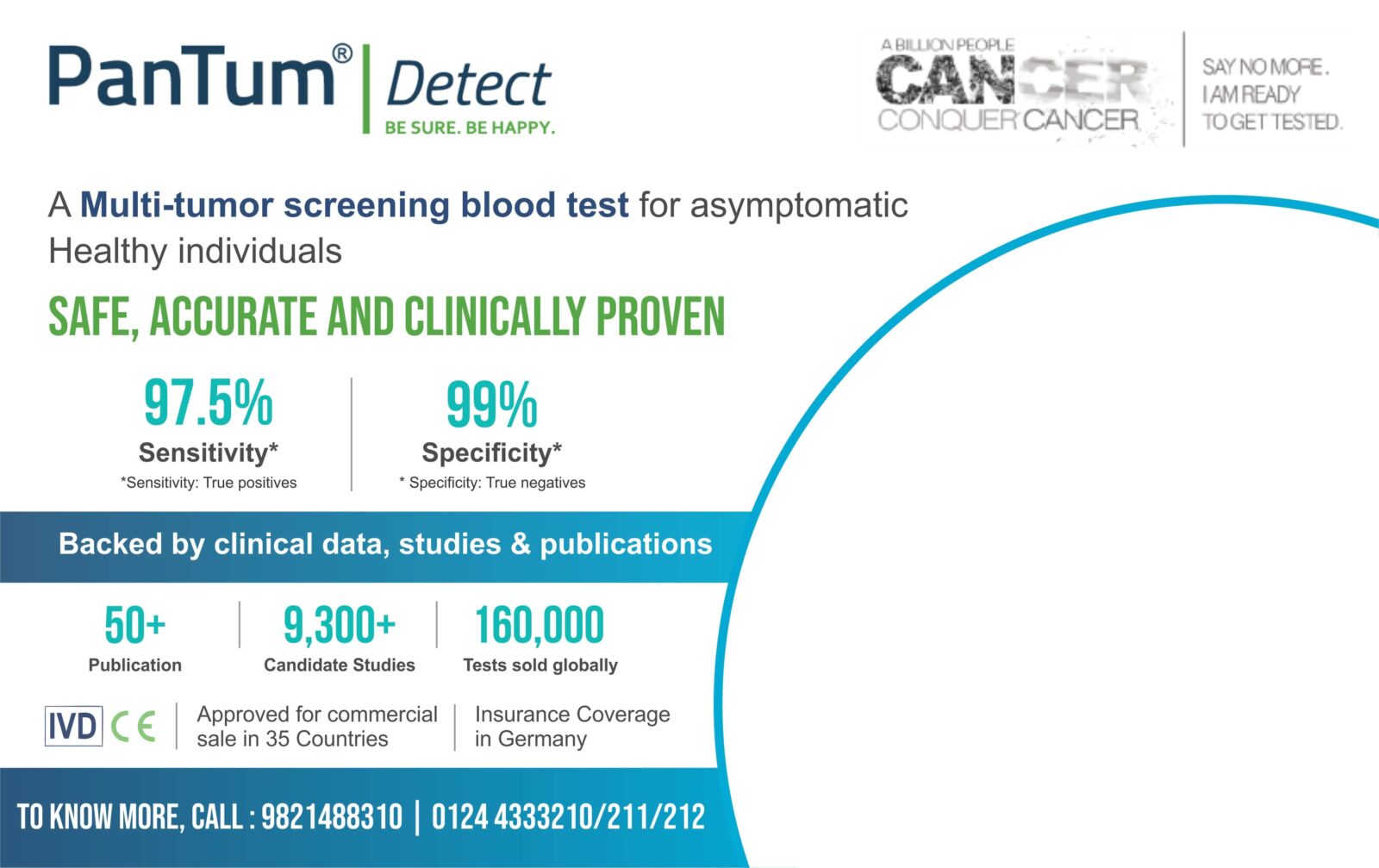
Unveiling the Genetic Connection to Breast Cancer: A Deep Dive
As a seasoned medical oncologist, I’ve stood beside numerous women navigating the journey of breast cancer. One question frequently arises: does my family history put me at increased risk? And the answer, my friends, lies in the intricate dance of our genes.
Today, I invite you to dive deeply into a crucial aspect of this complex disease – its genetic connection. Our understanding of how certain genes can influence breast cancer risk has evolved, opening new avenues for personalized treatment and prevention strategies.
One of the pivotal genes in this narrative is BRCA1 and BRCA2.
 Imagine your DNA as a vast printed document, holding a blueprint for every protein and function in your body. Breast cancer can occur when mutations, or typos, disrupt these blueprints in genes responsible for cell growth and repair. Some of these mutations are inherited and passed down from parent to child. These are the high-risk genes, like BRCA1 and BRCA2, which, when mutated, significantly increase the likelihood of developing breast and ovarian cancers.
Imagine your DNA as a vast printed document, holding a blueprint for every protein and function in your body. Breast cancer can occur when mutations, or typos, disrupt these blueprints in genes responsible for cell growth and repair. Some of these mutations are inherited and passed down from parent to child. These are the high-risk genes, like BRCA1 and BRCA2, which, when mutated, significantly increase the likelihood of developing breast and ovarian cancers.
 But here’s the key
But here’s the key
Inheriting a high-risk gene doesn’t guarantee cancer. Remember, genetic testing is not a crystal ball. It’s just one piece of the puzzle. Think of it like a loaded gun; having it doesn’t mean you’ll pull the trigger. Other factors, like environmental triggers and your unique genetic makeup, can influence if and when the disease develops.
If you fall into a high-risk category, it doesn’t spell doom. It allows us, your healthcare team, to tailor a proactive approach. We can recommend increased surveillance with mammograms and MRIs, preventive medications, and even discuss risk-reducing surgeries, all aimed at catching cancer early when it’s most treatable. The focus should be on maintaining a healthy lifestyle, managing existing risk factors, and staying vigilant through regular check-ups.
 So, if you have a family history or simply curiosity whispers in your ear, don’t shy away from exploring your genetic landscape. Knowledge is power, and Pantum Detect – A Blood test, genetic testing/counselling can empower you with knowledge, enabling early detection and intervention. Together, we can unravel the genetic intricacies of breast cancer, moving towards a future where prevention and treatment are as unique as the individuals they serve.
So, if you have a family history or simply curiosity whispers in your ear, don’t shy away from exploring your genetic landscape. Knowledge is power, and Pantum Detect – A Blood test, genetic testing/counselling can empower you with knowledge, enabling early detection and intervention. Together, we can unravel the genetic intricacies of breast cancer, moving towards a future where prevention and treatment are as unique as the individuals they serve.
Let’s keep the conversation going and, together, unveil the mysteries of genes, unravel the complexities of breast cancer, and ultimately, write a story of hope and resilience.
Dr Veenoo Aggarwal
Millennium Cancer Center
Picture Credit: Cabisole











